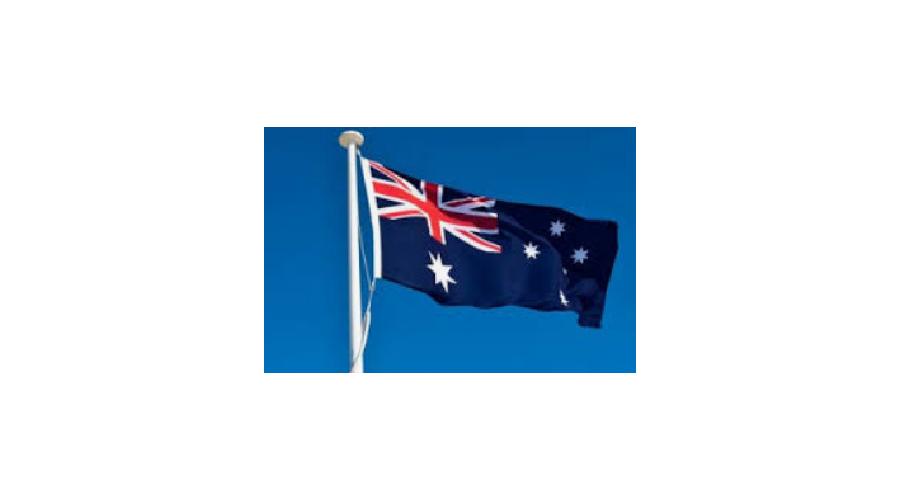30 May 2022
Geoffrey Miller (Extracts of his Opinion piece).
Quote.
For those keeping score, China has now signed co-operation agreements with Samoa and Kiribati, while the US has convinced Fiji to join its new Indo-Pacific Economic Framework for Prosperity (IPEF).
Most details of China's new agreements have yet to be released, but they reportedly focus on economics and development - rather than hard security. But like the rather vague and weak IPEF on the Western side, the mere existence of the agreements is currently what counts.
Wednesday saw the leaking to Reuters of a 'China-Pacific Island Countries Common Development Vision' - an ambitious blueprint from Beijing for multilateral co-operation in everything from policing and cybersecurity to climate change and trade.
A day later, on Thursday, Australia responded to China's moves by dispatching its new foreign minister Penny Wong to Fiji - in advance of Wang Yi's own trip to Suva. Wong had only just returned to Australia from the Quad meeting in Japan, which she attended together with new Labor Prime Minister Anthony Albanese.
Marion Crawshaw, a former New Zealand diplomat with extensive Pacific experience gained in postings to Fiji, Solomon Islands and Papua New Guinea (PNG), tweeted: "Maintaining the ability to follow our own path in the Pacific has always required focus, attention & careful prioritisation. The need right now is for a visible lift to our attention and [relationships] right across the Pacific".
For her part, Suzannah Jessep, a former New Zealand Deputy High Commissioner to India now working for the Asia New Zealand Foundation, wrote: "Feels weird that the Chinese foreign minister is visiting the Solomon Islands, Kiribati, Samoa, Fiji, Tonga, Vanuatu, PNG, and East Timor, but NZ has hardly done any ministerial in-person diplomacy. Hard to argue that the Pacific is our priority".
Kiribati, Samoa and Vanuatu are three examples of countries being wooed by China which are still generally closed to visitors because of Covid-19 border restrictions.
On the other hand, Papua New Guinea and the Cook Islands are very much open for business.
Given the current geopolitical tensions, but also because most gatherings could only be held in virtual form in 2020 and 2021, New Zealand's in-person participation at all of these summits - and more - is highly desirable.
New Zealand has no fewer than eight MPs (including ministers, an associate minister and an under-secretary) who hold responsibilities that relate to foreign affairs - not including the prime minister.
There are separate foreign, defence, trade, disarmament and climate change ministers.
In particular, the separation of trade from the main foreign affairs portfolio is increasingly becoming an anachronism.
New Zealand split off the role from the main foreign affairs job in 1996.
The approach worked well during the post-Cold War era of technocracy that focused on expanding free trade under the then new World Trade Organisation (WTO) and establishing bilateral free trade agreements.
But with trade now often serving as a bargaining chip in the bigger geopolitical game - as China's new draft agreement with Pacific nations and the US-led IPEF demonstrate - the division is now largely an artificial one and makes little sense.
A dedicated, full-time New Zealand Minister of Foreign Affairs and Trade would be far more effective - and more powerful.
Today's new rivalry in the Pacific is very different from the original colonial Great Game, which pitted the British and Russian empires against each other in a quest for control of Afghanistan and Central Asia in the late 19th and early 20th centuries.
In the Great Game of the 21st century, face-to-face diplomacy is perhaps the single most valuable tool - as Australia's Penny Wong and China's Wang Yi successfully demonstrated over the past week.
The global geopolitical temperature is steadily rising
New Zealand needs to ensure it can withstand the heat.
End of quoted extract of Mr Miller’s opinion piece.
Footnote
*Geoffrey Miller is the Democracy Project's international analyst and writes on current New Zealand foreign policy and related geopolitical issues. He has lived in Germany and the Middle East and is a learner of Arabic and Russian.
Copyright @, 2022 Radio New Zealand.
Yours sincerely
Frank Short



